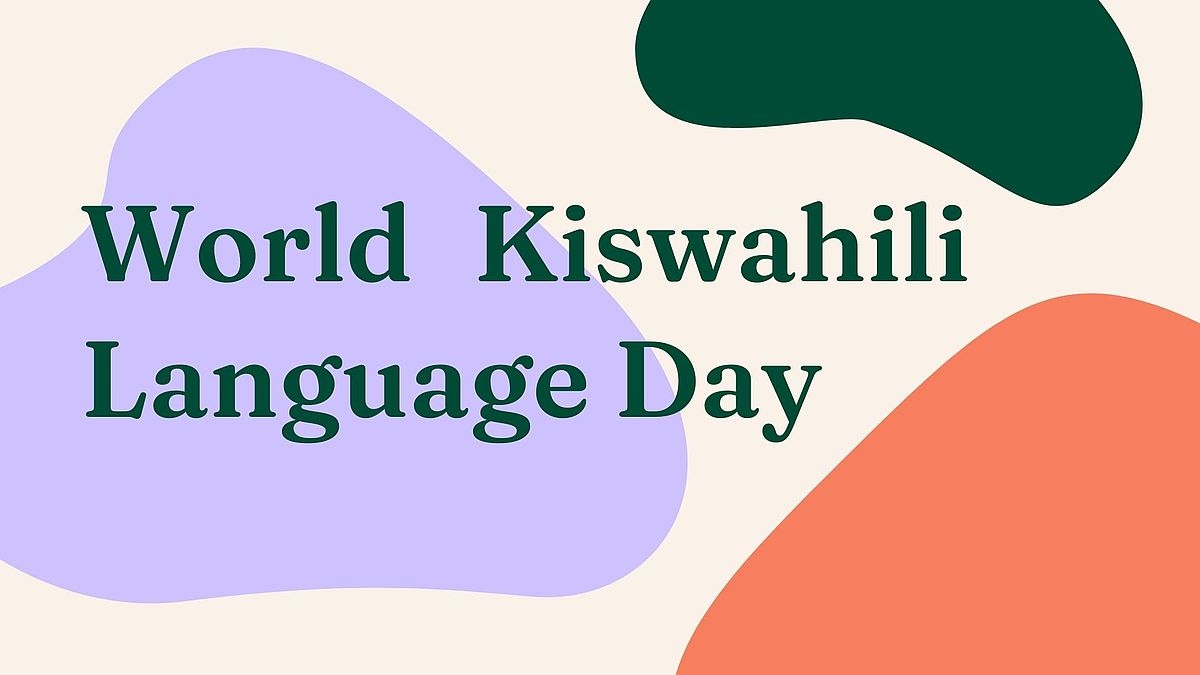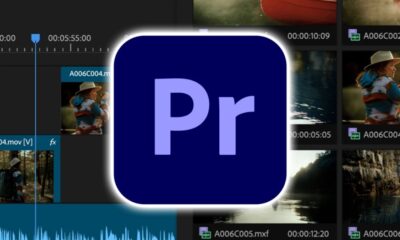Festivals & Events
World Kiswahili Language Day: History, Significance and How to Celebrate the Day

World Kiswahili Language Day is celebrated every year on July 7 to honor Kiswahili, which is spoken by more than 200 million people worldwide and is one of the most widely spoken languages in Africa. In East, Central, and Southern Africa, it is an essential tool for communication and integration. It is also the official language of the African Union (AU), SADC, and EAC. African identity, togetherness, and culture are expressed through Kiswahili, which is more than just a language. Kiswahili supports regional unity and cross-cultural understanding through its participation in liberation movements, such as those headed by Mwalimu Julius Nyerere, and its modern use in media, education, and diplomacy.
The great linguistic diversity and cultural legacy of the African continent are honored on Kiswahili Language Day. This annual event honors not only the language but also the vital role that Kiswahili plays in promoting unity, peace, and multiculturalism across the globe.
Kiswahili, which was acknowledged by UNESCO as the first African language to be given its own international day, is a prime example of how multilingualism can foster tolerance, variety, and sustainable development. It serves as a link between societies and civilizations and is essential to socioeconomic advancement, cultural preservation, and high-quality education. Kiswahili is more than just a language; it is a carrier of the diverse cultural tapestry of Africa and a carrier of identity, values, and worldview.
UNESCO created World Kiswahili Language Day in 2021 to honor and promote Kiswahili as an important African language that has evolved into a symbol of solidarity and cultural pride. It is observed on July 7th of each year. With more than 200 million speakers in East, Central, and Southern Africa, Kiswahili, commonly referred to as Swahili, is one of the most widely spoken languages in Africa. Millions of people from a wide range of linguistic and ethnic backgrounds use it as their primary language, and it is an official language in several African nations, including Tanzania, Kenya, Uganda, and the Democratic Republic of the Congo.
The day emphasizes how important Kiswahili is to promoting regional integration, education, and communication in Africa. Given how important the language has been in advancing African music, literature, and political activities, it also acknowledges the language’s cultural significance. The only African language acknowledged by the African Union as an official language is Kiswahili, which is also one of the working languages used by the UN in some situations.
In order to maintain Kiswahili’s rich cultural legacy and encourage greater intercultural understanding, World Kiswahili Language Day seeks to advance Kiswahili teaching and learning both domestically and abroad. To commemorate Kiswahili’s influence on African identity and its significance in fostering peace and unity, governments, cultural organizations, and educational institutions host events, workshops, and discussions on this day.
The day serves as a reminder of the value of linguistic diversity and the part languages like Kiswahili play in improving cross-border communication, maintaining cultural identities, and promoting unity.
World Kiswahili Language Day History
At the 41st Session of UNESCO (the United Nations Educational, Scientific, and Cultural Organization) in Paris in November 2021, Kiswahili Language Day was formally recognized. They recognized the important contribution Kiswahili makes to fostering intercultural understanding, diversity, and communication. They consequently acknowledged World Kiswahili Language Day. Kiswahili became the first African language to be recognized by the UN with this resolution.
The celebration’s date selection has historical significance. The Tanganyika African National Union, under the leadership of Julius Nyerere, announced on this day in 1954 that Swahili was an essential tool in their struggle for independence. This ruling emphasized the language’s significance in African history and politics as well as its ability to bring people together across national boundaries.
What is the significance of Kiswahili? It is one of the most frequently spoken languages in Africa, with around 200 million speakers. The Bantu people are its ancestors. It has changed over the decades, absorbing novel aspects from other languages and cultures. The dynamic character of African history and civilization is aptly reflected in Kiswahili.
How to Celebrate World Kiswahili Language Day
World Kiswahili Language Day celebrations can be entertaining and educational. Here are some ideas for celebrating this amazing occasion:
- Learn Some Basic Phrases in Kiswahili
Begin with basic salutations such as “Asante” (thank you) or “Jambo” (hello). There are a lot of beginner-friendly YouTube videos and apps available.
- Attend Kiswahili Cultural Events
Seek for events hosted by local African communities or educational institutions. Traditional dance, music, and even entertaining Kiswahili storytelling are frequently featured at these events.
- Read Kiswahili Literature
Explore the diverse realm of Kiswahili literature. Start with modern writings.
- Cook Traditional East African Foods
In East Africa, many people speak Kiswahili. Cooking Ugali, a white corn flour delicacy that is typically made into small balls and eaten by hand, is a great way to celebrate. Pilau, a fragrant rice dish seasoned with herbs and spices, might appeal to you.
Samaki wa Kupaka, a delectable grilled fish topped with a flavorful coconut sauce, is another well-liked meal. Explore online recipes and then extend an invitation to guests to try real African food.
- Engage in Online Campaigns
Participate in Kiswahili-promoting social media campaigns. Posts, videos, or even your attempts to learn Kiswahili can be shared. Make use of the #WorldKiswahiliLanguageDay hashtag.
- Seminars & Workshops for Education
Take part in or lead workshops that highlight the development, history, and present-day significance of Kiswahili in international communication.
- Encourage Kiswahili Creators and Artists
Invest in and support Kiswahili-speaking artists’ music, painting, and other creative works.
- Meetings for Language Exchange
You can practice Kiswahili with native speakers and teach them your language by joining or organizing a language exchange event.
-

 Education4 weeks ago
Education4 weeks agoBelfast AI Training Provider Future Business Academy Reaches Milestone of 1,000 Businesses Trained
-

 Sports3 weeks ago
Sports3 weeks agoUnited Cup 2026: Full Schedule, Fixtures, Format, Key Players, Groups, Teams, Where and How to Watch Live
-

 Book3 weeks ago
Book3 weeks agoAuthor, Fighter, Builder: How Alan Santana Uses His Life Story to Empower the Next Generation Through UNPROTECTED
-

 Health4 weeks ago
Health4 weeks agoNew Research and Treatments in Motor Neurone Disease
-

 Tech4 days ago
Tech4 days agoAdobe Releases New AI-powered Video Editing Tools for Premiere and After Effects with Significant Motion Design Updates
-

 Science3 weeks ago
Science3 weeks agoJanuary Full Moon 2026: Everything You Should Need to Know, When and Where to See Wolf Supermoon
-

 Entertainment4 weeks ago
Entertainment4 weeks agoTigerteeh aka Touseef Panchbhaya Drops His Latest Hindi Track “Toxic”
-

 Startup2 weeks ago
Startup2 weeks agoCraig Bonn’s Guide for Spotting a Winning Pre-IPO Early










